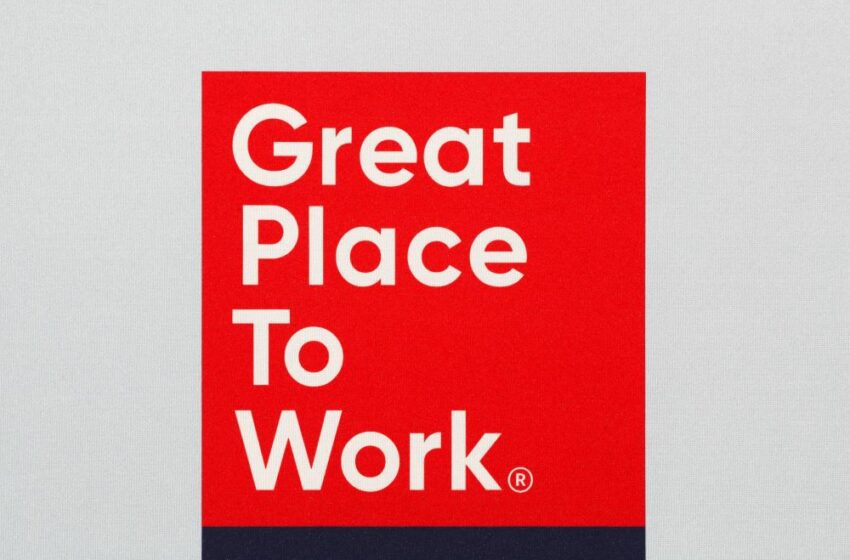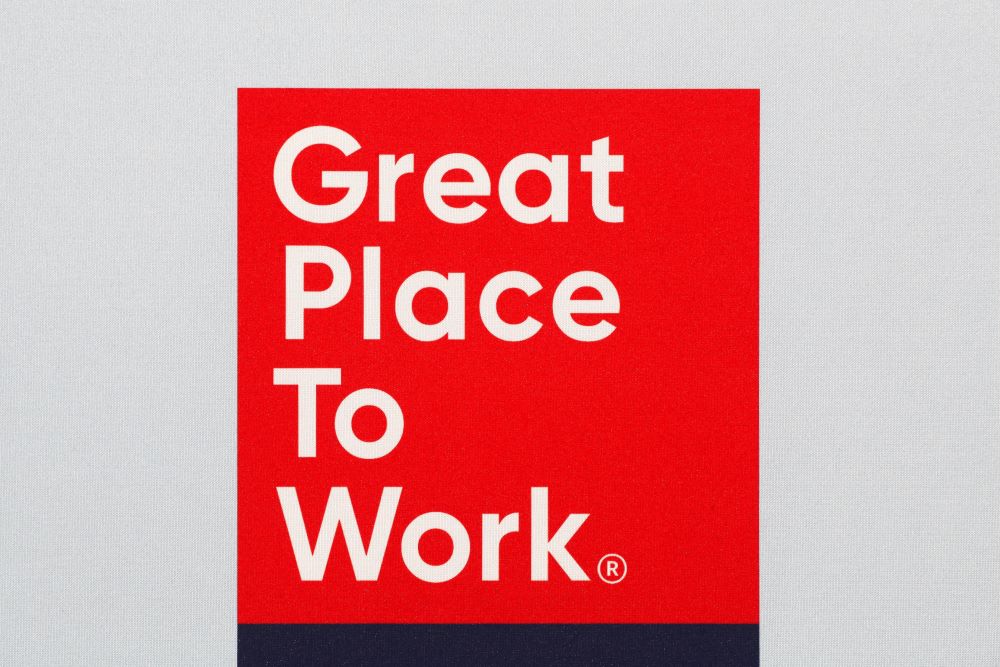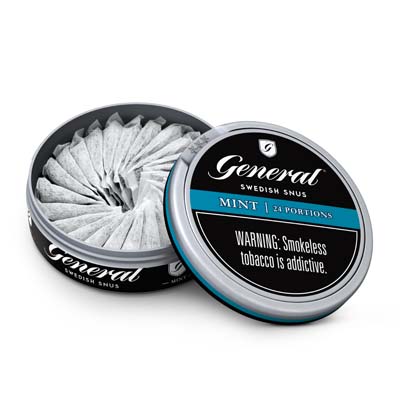Experts from Swedish Match USA, an affiliate of Philip Morris International, presented to the Tobacco Products Scientific Advisory Committee on June 26, 2024, according to a PMI press release. The committee, comprising independent scientific researchers, provides regulatory guidance to the U.S. Food and Drug Administration’s Center for Tobacco Products.
The half-day meeting was part of the FDA’s review of Swedish Match’s request to continue marketing General Snus products in the U.S. as modified-risk tobacco products (MRTPs) and to expand permitted use of the reduced-risk claim to reach, and transition, more legal-age smokers away from cigarettes.
Initially granted by the FDA in October 2019, Swedish Match can communicate to legal-age consumers that “Using General Snus instead of cigarettes puts you at a lower risk of mouth cancer, heart disease, lung cancer, stroke, emphysema and chronic bronchitis.” Currently, that message is accessible only on the General Snus website.
Swedish Match presented to the committee real-world evidence showing the claim is delivering on its promise to reduce harm to individual tobacco users and benefit the health of the population and should be renewed.
In its renewal submission, Swedish Match is seeking to expand use to additional lawful marketing channels, such as point-of-sale display and direct mail to age-verified consumers.
“As FDA’s Center for Tobacco Products Director Brian King said when unveiling its new five-year strategic plan, this is a critical moment in the history of tobacco product regulation,” Gerry Roerty, general counsel for Swedish Match, said to committee members. The center’s mission is to make smoking-related disease and death a part of America’s past, and “today, together, we can meaningfully advance that goal,” Roerty told committee members.
During the meeting, representatives from Swedish Match and committee members discussed a range of scientific, technical and consumer-communications topics. The company provided an overview of its responsible marketing practices and presented evidence and research demonstrating low levels of use by unintended populations.
General Snus is a smokeless tobacco product, traditionally produced in Sweden, that is nonfermented and air cured. The modified-risk products submitted for renewal include eight General Snus varieties that have been made available in the U.S. for more than a decade: General Snus Original (pouch); General Snus Original (loose); General Snus White (pouch); General Snus Mint (pouch); General Snus Wintergreen (pouch); General Snus Mini Mint (pouch); General Snus Classic Blend (pouch); and General Snus Nordic Mint (pouch).
“We are understandably proud of our commitment to a cigarette-free America, which is achievable much faster if policy is guided by science,” said Stacey Kennedy, president of the Americas region and CEO of PMI’s U.S. business. “America’s 28 million adult smokers have been bombarded with misinformation about smoke-free products, which can cause confusion and prolong the most harmful form of nicotine consumption—smoking. We look forward to continuing dialogue with the FDA as it continues to consider renewal of this modified-risk authorization.”
The General Snus products were first authorized as “appropriate for the protection of the public health” through the premarket tobacco product application (PMTA) process in 2015 following a PMTA submission earlier that same year.
Since then, Swedish Match USA has submitted eight annual reports over as many years, the last four of which were combined with MRTP annual reporting.


















 The U.S. Supreme Court agreed on Tuesday to hear the U.S. Food and Drug Administration’s defense of the
The U.S. Supreme Court agreed on Tuesday to hear the U.S. Food and Drug Administration’s defense of the 